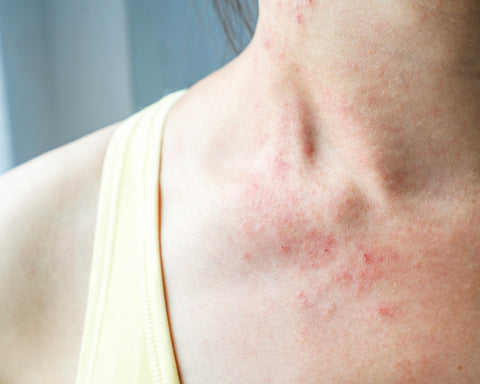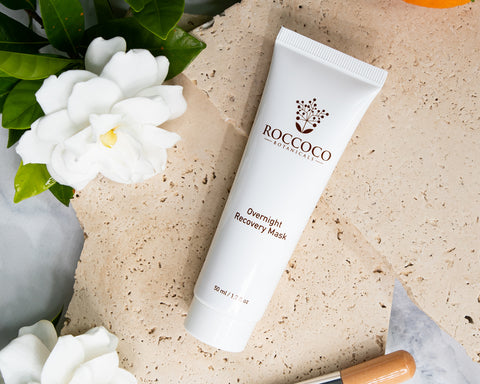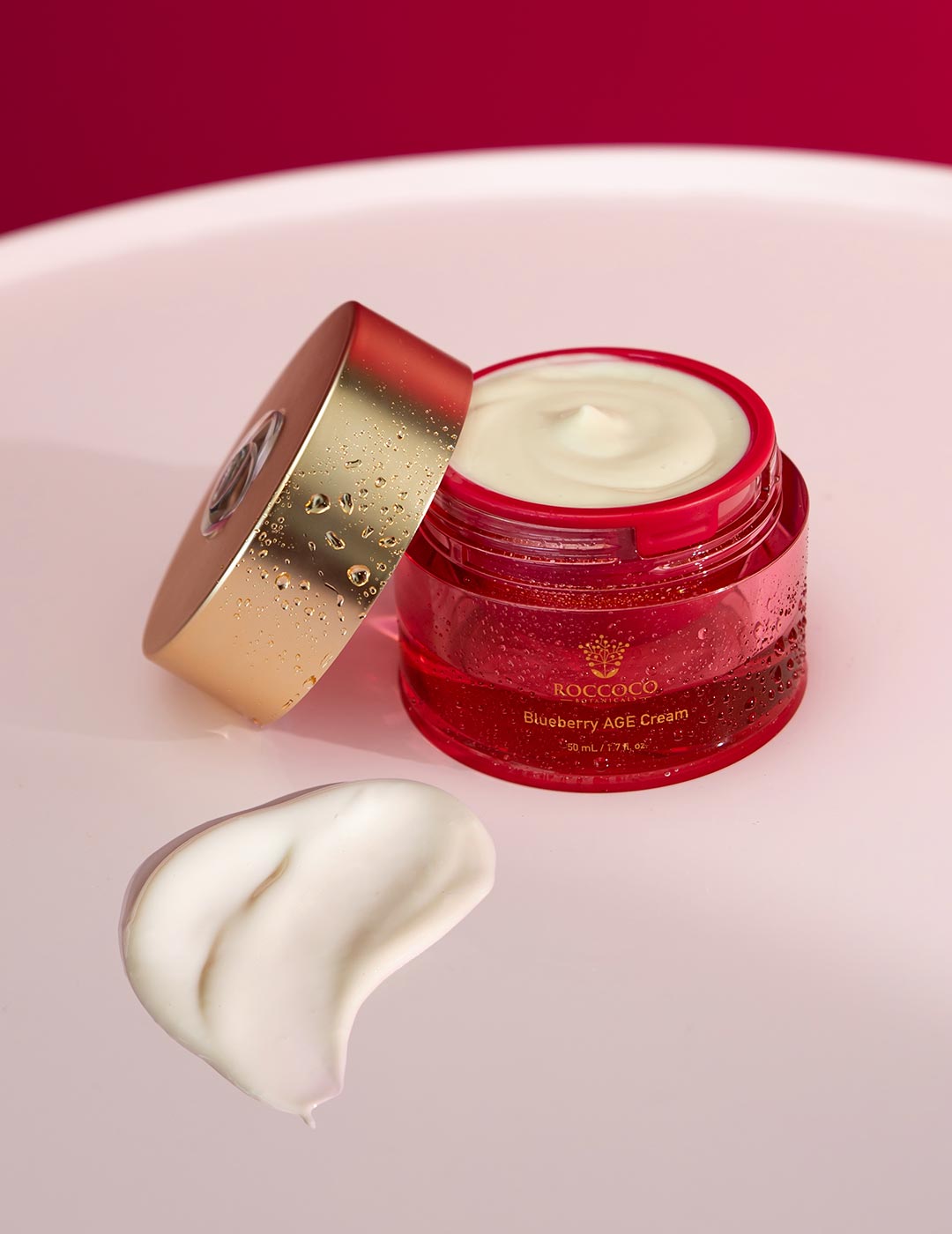When it comes to our body’s internal processes, the circadian rhythm makes the biggest impact on our daily lives, our productivity and even our health.
We all know about the circadian rhythm when it comes to sleeping and waking up - and how your internal clock helps keep your sleep schedule on track.
But did you know the circadian rhythm also plays a huge role in the health and appearance of your skin?
Today, we look at the circadian rhythm, the role it plays in skin health and what you can do to protect and heal your skin.

If your circadian rhythm is disrupted, it can cause a range of issues and problems, such as:
Impaired Skin Barrier Function
Your skin barrier is the first defence your skin has against environmental stressors. It also works to keep your skin hydrated and nourished.
Unfortunately, when your circadian rhythm is disrupted, it’s harder for your skin to recover and heal itself.
This means dehydrated, slowed healing and more. And when your skin barrier is damaged, it’s easier for your skin to be affected by other problems.
Increased Signs of Aging
The passage of time is inevitable, but the rate at which our skin ages can be impacted by our circadian rhythm.
Disruptions to this internal clock have been linked to an acceleration in the signs of ageing. Reduced elasticity, wrinkles, and uneven pigmentation become more pronounced when your circadian rhythm is disrupted.
This is because the regenerative processes within skin cells (that happen when you rest), are not able to work properly if your sleep is disrupted. This leads to decreased collagen production and impaired repair for your skin.
Worsened Skin Conditions
For people struggling with skin conditions like eczema, psoriasis, or acne, the circadian rhythm can make a huge impact on the inflammation and repair processes.
When this rhythm is disrupted, these processes are also disrupted - which causes an increase in symptoms.
Eczema flares, psoriasis outbreaks, and acne exacerbations become more pronounced during circadian disturbances, adding another layer of complexity to skin conditions.

Delayed Wound Healing
The skin's remarkable ability to heal itself relies on your cells being able to regenerate, and reduce inflammation, both of which are influenced by circadian rhythms.
When this timing is disrupted, the effectiveness of wound healing is reduced. Delayed recovery from injuries and scars can happen when your circadian rhythm is disrupted.
Increased Risk of Skin Cancer
New evidence suggests a correlation between circadian rhythm disruptions and an increased risk of skin cancer.
The circadian clock regulates the skin's repair mechanisms for DNA damage caused by UV exposure.
Disruptions to this process may result in less efficient repair and increased mutation rates, potentially elevating the risk of skin cancer.
Maintaining Skin Health
The circadian rhythm plays a crucial role in regulating gene expression, hormone levels, and metabolic processes that are vital for skin health and function. Maintaining a regular sleep-wake cycle and exposure to natural light during the day can help keep the circadian rhythm—and by extension, skin health—in check.
Introducing The Overnight Recovery Mask
To give your skin the extra boost it needs overnight, we’re proud to introduce the Overnight Recovery Mask—a transformative mask designed to reduce damage to the skin, and support your skin's overnight healing.
Packed with anti-inflammatory goodness, this little tube of magic acts as a healer and strengthener for your skin's natural barrier.
Beyond its reparative qualities, the Overnight Recovery Mask protects the skin against pollution, ensuring your skin remains smooth and radiant.

Click the link to order yours today.
Read more

Spring marks a season of renewal and rejuvenation, not just for nature but for our skin as well. As the harsh, cold days of winter give way to warmer, brighter ones, our skin care routine demands a...

Taking care of your skin is a very important part of maintaining a healthy and radiant complexion. And one of the very first steps in any skincare routine is cleansing. Not only is it the basis of...



